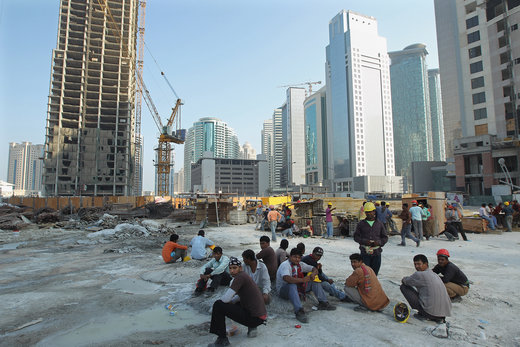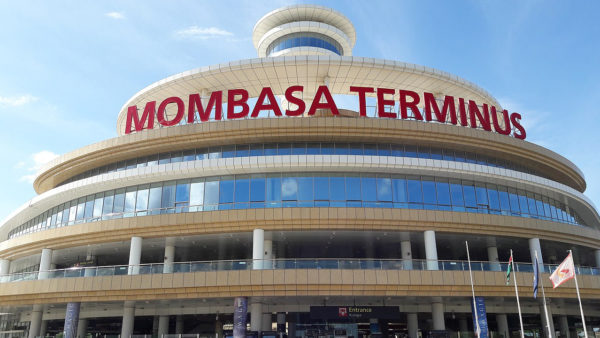4 October 2013
Following shocking revelations of construction worker deaths and mistreatment in Qatar last week, the CIOB in Qatar is backing a new welfare code on migrant labour that could be contractually binding.
The Institute’s Middle East president has also urged expat construction professionals in the region to challenge unacceptable welfare standards and adopt welfare as a key responsibility on projects.
Last week reports emerged of deaths among Nepalese construction workers, dangerous working conditions, and alleged human rights abuses among the 1.5-million-strong migrant workforce helping to modernise the Gulf state ahead of the Fifa World Cup 2022.Â
Abuses such as forcing workers to work double shifts or between 12pm and 4pm – the hottest part of the day, in some cases without adequate drinking water – break Qatar’s labour laws, but are seen to be poorly enforced.
The Qatari government pledged to hire more inspectors to crack down on companies who break the law, but organisations such as the International Trade Union Confederation have called the state’s response "weak and disappointing" and have joined a campaign to pressure Fifa to choose another World Cup venue if the treatment of workers does not improve.
The CIOB is backing the take-up of a 51-page document, the "Mandatory Standards of Migrant Worker’s Welfare for Contractors and Subcontractors", which it believes is a practical way to make the humane treatment of workers binding in contracts right away.

Construction workers from Bangladesh take a break near new highrise office buildings and hotels under construction in Doha (Sean Gallup/Getty Images)
Stephen Lines, the Doha-based CIOB President for Middle East, said the new code could make a bigger impact than existing legislation because if subcontractors are found to be in breach of it they could be thrown off the project.
Mr Lines said the code, published in July by the Qatar Foundation, has already been woven in to the contract for a multi-billion-dollar government infrastructure project.
"That means the document has to be included in all the subcontracts and the client team will then inspect the subcontractors’ labour camps," he said. "If they’re not up to scratch they’re given a period of time to put it in order. If they fail, they’re taken off the project, and taken off the books and barred from tendering from future work."
Mr Lines said the document sets down strict guidelines about the ratio of labourers to supervisors, the specification for the labour camps and the number of calories for each worker each day.Â
"What we’re also hearing is that this new specification will find its way into legislation early next year," he said.
Mr Lines acknowledged that some expat professionals in Qatar might previously have been focused on the "core deliverables" of a project rather than workers’ rights and welfare, but argued that the CIOB has a role in making sure that the fair treatment of the labour force becomes a professional priority.
"It’s a question of enforcement and how we enforce that on our projects," he said. "There are a lot of unscrupulous people out there whose only driver is cost and time, who force people not only to work from 12-4 but to do double shifts."










